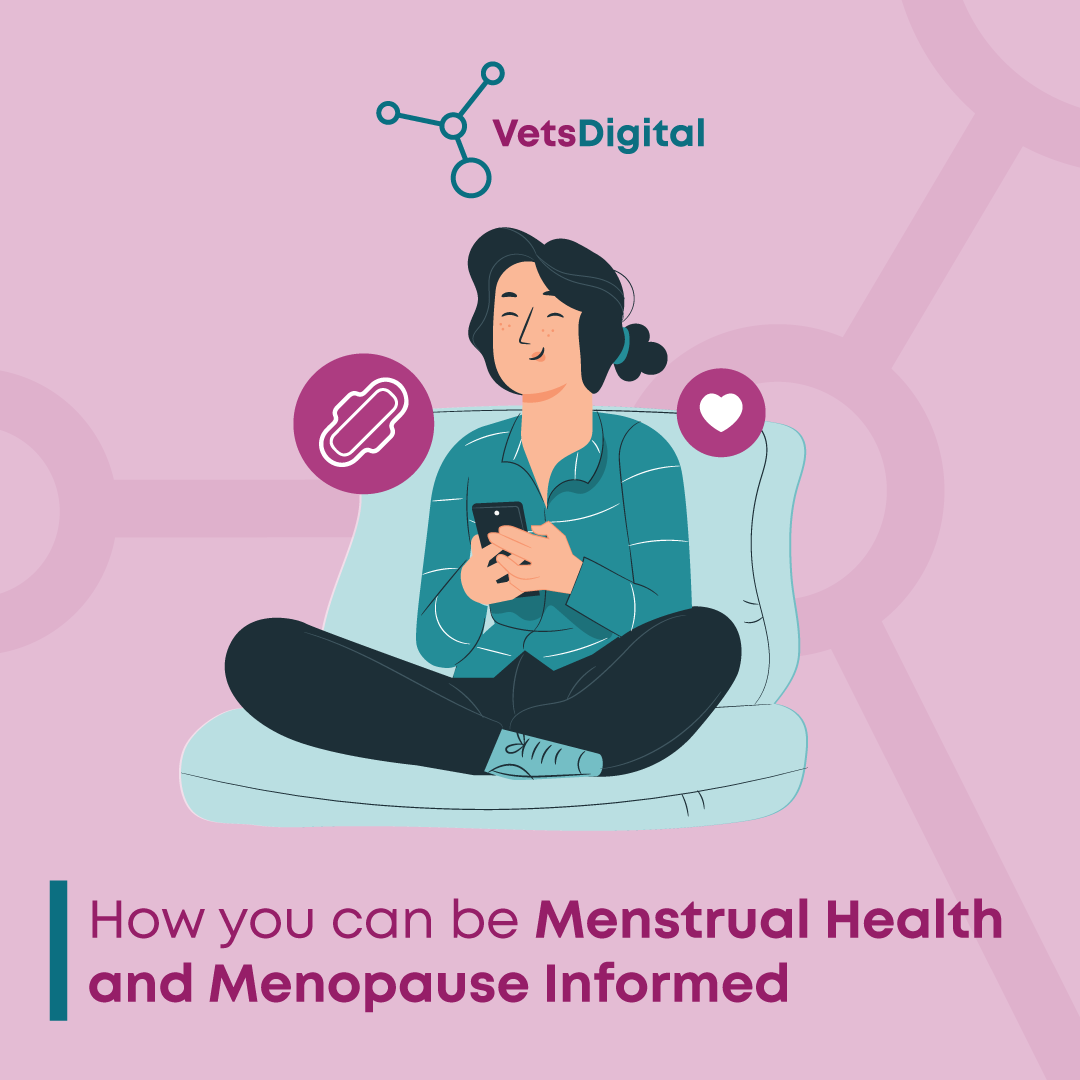News, Uncategorised,
All change, all change…
The greatest constant is change, as they say… and we’re REALLY seeing it in marketing at the moment! We were just getting used to dealing with the Baby Boomers, but now we’ve got to adapt to Gen X, and the “Millennials” – and the first of Gen Z are now reaching adulthood too. As a result, strategies that might have worked as little as ten years ago are increasingly becoming ineffective! In this blog, I’m going to briefly review what we know about the current trends in client preferences – and give a sneak peek at some of our new research (it is being written up right now, but it takes time! As soon as it’s published we’ll let you know, we promise! – Ed.)
Aren’t these “generational labels” just marketing spin?
Well, yes and no. Yes, in that of course not everyone born between 1946 and 1964 (for example) behaves the same way, nor are people born on 1st January 1980 somehow radically different from those born on 31st December 1979. However, on a statistical aggregate basis, there are supposed to be very real differences between the generations that are one – but only one – driver of the current rates of cultural change.
As a very general rule…
-
Baby Boomers
-
Born 1946-64, so most now heading towards retirement, or retired.
-
Stereotype: relational, career focussed, value experience and success.
-
Research from the workplace shows them to be widely considered less adaptable than other generations.
-
-
Generation X
-
1965-1980ish – this generation are the bulk of the modern workforce.
-
Stereotype: Balanced, adaptable, time-poor and skeptical.
-
They are digital immigrants but use technology widely, mainly for communication and connection, evidence shows that they are considered to behave socially, but tend to be more self-effacing and less demonstrative than other generations.
-
-
Millennials
-
Born after 1980, this generation are the future (in the short term anyway!)
-
Stereotype: Self absorbed, individualistic, impatient and entitled.
-
Research suggests they are considered more adaptable, more tech savvy and more individualistic, but also more entitled than other generations, while (ironically) being less aware of this.
-
However, these differences can be exaggerated. Some studies have found no psychological differences between cohorts, but the majority seem to conclude that while differences between the Boomers and Gen X are marginal, there’s a significant difference between older cohorts and the Millennial generation. In particular, Millennials tend to show “higher self‐esteem, narcissism, anxiety, and depression; lower need for social approval; more external locus of control”.
So what does this have to do with us?
Ultimately, you can manage a Gen X client in much the same way as a Boomer – but don’t expect loyalty in return. Their natural skepticism (especially of authority figures) may be a factor (if this is a real generational issue and not just an age one!). Personally, I suspect that the reason that Gen X is seen as “the lost generation” is because people are looking for difference where relatively little exists – the Gen Xers are slightly more “sophisticated” media consumers, but that’s about it.
However, Millennials deal with the world in a very different way. There was a great article in the NAVC Conference Proceedings last year by Karyn Gavzer looking at the different ways that Boomers and Millennials respond to the same questions. (I’m afraid I can’t link to it, but you can find it in the RCVS Library if you really want a copy!).
For example, the use of emailed reminders – a bit too incorporeal for the Boomer, too slow and cumbersome for the Millennial (but perhaps just right for the Gen Xer who runs the practice?).
With a sick pet, the Boomer will seek an authority figure (us!), whereas the Millennial will tend to want to consult widely and seek multiple opinions before making decisions (something that was also flagged up by the recent Merck study).
When looking for a practice, the Boomer looks for personal recommendations, whereas the Millennial “trusts the crowd”, wanting to see online reviews (which is clearly demonstrated by our findings, too).
Gaczer reports that Boomers prefer to use Facebook for facts and pet health information, while Millennials prefer interactive content – stories, videos etc. Our research supported this to an extent (all ages wanted pet health information, but owners under 54 (i.e. Millennials and Gen Xers) were much more interested in pet stories and “behind the scenes” features than older groups. In addition, there was a sharp spike among the 25-34s (Millennials) in using social media for communication with their vet – as a 2-way process.
Of course, some of the changes are more subtle – our data suggest that the use of Snapchat among animal owners (much hyped as “the Millennial channel” has crashed among all demographics in the last 2 years. At the same time, owners want a faster response to queries on social media (35% expecting a response within one hour, up from 15% in 2015).
To explain this, I think we have to remember the increasing use of,
and reliance on, the internet as a whole. One 2008 paper found that respondents were less likely to seek veterinary information from the internet than from friends & family, brochures or leaflets, books, or their vet (either in person or over the telephone). By 2018, the same author found that the most frequently used source for pet health information was the internet (78.6 percent), followed by their veterinarian (72 per cent). Veterinarians and other pet owners, however, were rated as the most trustworthy sources.
So what can we draw from this? Fundamentally, that we really need to change how we approach the new cohorts of clients coming through – and Gen Z (on the early indications) look like they’re going to be even more different!






